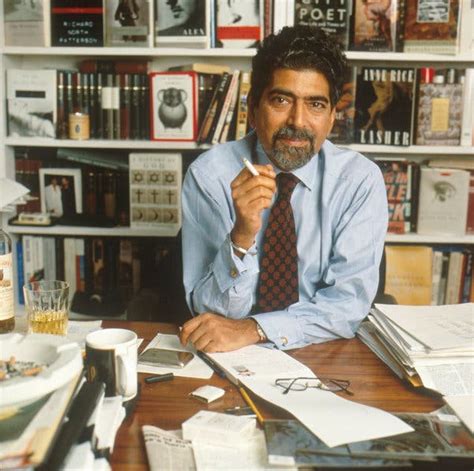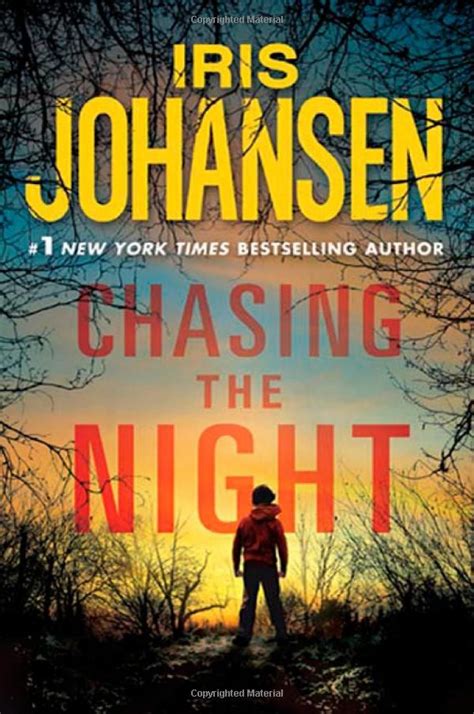A Quote by Sonny Mehta
The Pakistani writers are addressing change and what's happening today in the world. There is something completely contemporary in this writing.
Quote Topics
Related Quotes
What is happening in politics today is a similar process to what happened in the medical world a few decades ago: realizing that there's more to healing than just addressing symptoms. Primary paradigm when it comes to dealing with political and social disease is allopathic: Pass a law, lock someone up, engage in warfare. And the state of the world today makes it clear that such allopathic measures have not exactly brought peace to all.
I like art that challenges you and makes a lot of people angry because they don't get it. Because they refuse to look at it properly. Rather than open their mind to the possibility of seeing something, they just resist. A lot of people think contemporary art makes them feel stupid. Because they are stupid. They're right. If you have contempt about contemporary art, you are stupid. You can be the most uneducated person in the world and completely appreciate contemporary art, because you see the rebellion. You see that it's trying to change things.
If you don't like how something is going for you, change it. If something isn't enough, change it. If something doesn't suit you, change it. If something doesn't please you, change it. You don't ever have to be the same after today. If you don't like your present address change it - you're not a tree!
There are two tests that we [writers] have for all of our writing: So What? and Who Cares? There is an answer to both. The answer to Who Cares is that a reader cares, if the writing is good. The answer to So What is that these ideas give us completely new understanding, change our sense of who we [people] are and why we're here [on this planet].
I do think that something of the effect I have on people is to put everything on an edge where they're both infatuated with a kind of charmingness happening in the person or in the writing, and also flatly terrified by a revelation or acceptance of revelation that's almost happening, never quite totally happening.




































